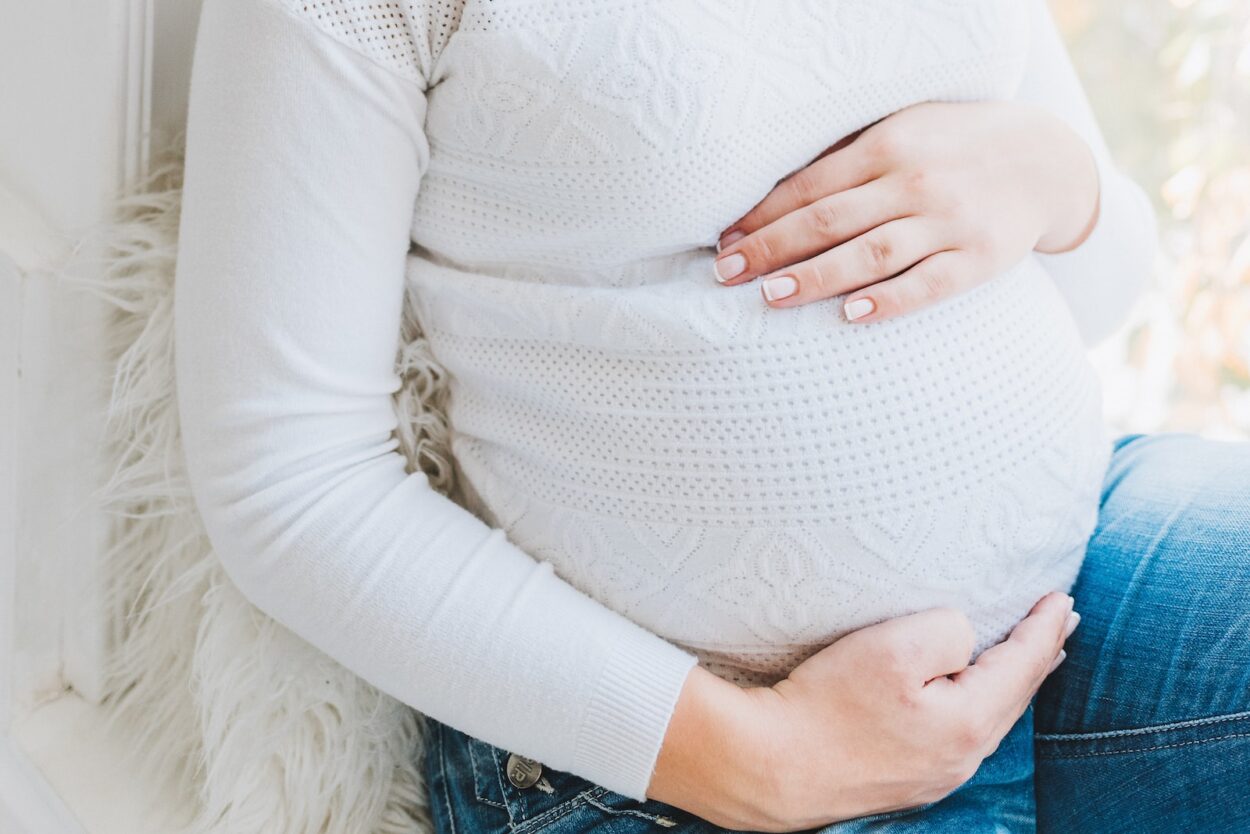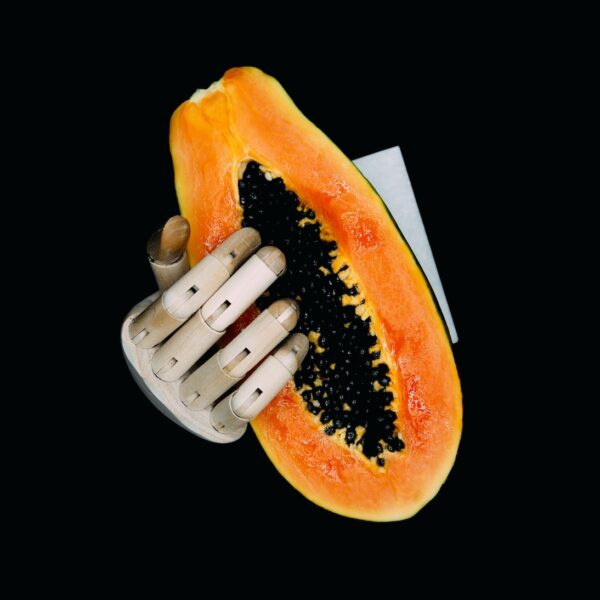Women experience many surprises during pregnancy, including changes in their libido. Often, this begins in the first trimester as increased hormone levels cause nausea, fatigue, and hypersensitivity of the clitoris.
During the second trimester, libido may increase as hormones decrease and symptoms improve. However, back pain, fatigue, and weight gain can again decrease sexual drive in the third trimester.
1. Talk to your partner.
The ups and downs of sexual desire that many women experience during pregnancy are unique to each person. This can cause tension in a relationship, especially if one partner is feeling a stronger drive and the other feels less arousal. Having an open and honest discussion about how you are both feeling can help to ease tensions.
The first trimester can be a time of nausea, fatigue, and overall discomfort that can lead to lower libido. But once those symptoms start to fade and the increase in blood flow to the breasts and vulva kicks in, arousal can increase as well.
Some women may have no sex drive for the entire nine months of their pregnancy, and that’s OK too. However, if the lack of interest persists post-delivery, it can be a sign that the baby isn’t ready to be born. This can be difficult for couples, but it’s important to communicate with your partner about how you are both feeling and what the best course of action is. There are other ways to show affection during this time, such as massages or cuddling.
2. Exercise.
In the midst of one of the most exciting times of your life, it’s no surprise that your libido might take a hit. But don’t be too hard on yourself. According to relationship therapist and connectfulness coach Rebecca Wong, it’s completely normal for a woman’s libido to ebb and flow during pregnancy. She explains that the physical and hormonal changes associated with pregnancy can lead to fluctuating levels of estrogen, progesterone, and other hormones. Add in nausea, fatigue, and weight gain and it’s easy to see why some women have a decreased libido during pregnancy.
But, it’s important to remember that your libido will likely return as the pregnancy progresses. During the second trimester, for example, hormones may increase your desire in the bedroom and the extra blood flow to your breasts and vulva can make orgasm easier to achieve. But, it’s also common for libido to drop again in the third trimester as fatigue and excess weight gain become more of an issue.
3. Take a prenatal vitamin.
Pregnancy can be stressful for both pregnant women and their partners, and these emotions can take a toll on their feelings about sex. Some women worry that sex or even orgasms could harm their unborn babies. But if there are no complications with the pregnancy, it’s safe to have vaginal or oral sex, as long as they use protection.
In general, it’s normal for a woman’s libido to fluctuate during pregnancy. This is because of the many hormonal changes, and it’s not unusual for a woman’s libido and sexual desire to decrease during the first trimester and then peak in the second trimester, when they have more energy and less nausea.
However, if a woman’s libido is lower than usual throughout her entire pregnancy, it’s important to communicate with her partner about their feelings. They may need to find new ways to be intimate with each other, such as talking more and doing activities they enjoy together, like taking a class or watching movies. They should also consider using a barrier method of birth control, like condoms, to help protect themselves and the baby from STDs.
4. Get enough sleep.
It’s not uncommon for a woman’s libido to decrease during pregnancy. It’s important to remember that this is completely normal and will pass as your body adjusts to the changes.
Hormonal fluctuations are one of the main reasons for changes in a woman’s libido. Fluctuating levels of estrogen and progesterone can make women feel sexy one day and not so much the next. Nausea, fatigue and weight gain can also have an impact on a woman’s libido.
Many women find that their libido increases in the second trimester after the nausea and fatigue begin to dissipate. Higher oestrogen levels and increased blood flow to the genitals can make women feel more stimulated in the bedroom. But by the third trimester, back pain and general discomfort may lower a woman’s interest.
Whether your sex drive stays the same or decreases, it’s important to stay sexually active. It’s safe for most women to engage in vaginal sex and masturbation during pregnancy, unless an obstetrician or midwife advises against it. Practicing sexual self-care can help increase a woman’s feelings of arousal and can also improve her mood.
5. Eat a healthy diet.
Pregnancy causes a lot of hormonal changes, which can impact a woman’s libido. But it’s important to remember that every woman is different. In general, it’s common for a woman’s libido to decrease during the first trimester as she deals with nausea, fatigue and other physical symptoms, then increase in the second trimester when these symptoms tend to subside. The increased hormones and extra blood flow to the genitals can help stimulate arousal, and many women experience orgasms during this time.
It’s also important to focus on other things that can be just as intimate as sex, like talking and spending time together. And it’s okay if your relationship goes through some changes during pregnancy.
Anthonissa says that “Mums are too hard on themselves and shouldn’t feel guilty if they don’t have a strong libido during their pregnancy.” If you have questions or concerns, speak with your healthcare provider. They can help you find solutions that work for you. And don’t forget to eat a healthy diet. It’s important for both you and your baby.




Leave a Comment